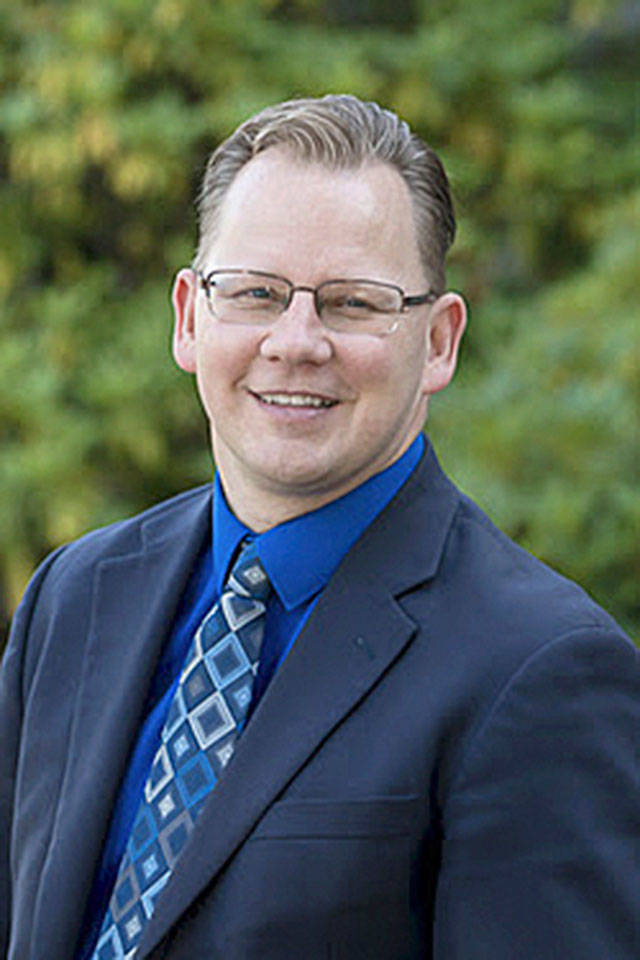Superintendent Chris Reykdal, of the Washington Office of Public Instruction, issued the following statement on Wednesday after preliminary results from the February Special Election showed most school levies winning voter approval.
“Voters continue to demonstrate a passion for and commitment to their local public schools. Following Tuesday’s levy and bond elections, nearly 90% of all local capital and operating levies are passing.
Local levies enrich the program of basic education that is funded by the state Legislature. Levies provide school districts with the opportunity to provide critical supports for their students and educators above and beyond what the state provides. Services like mental health supports, early learning, and a host of other activities are strongly supported by local voters.
This year, 27 districts took advantage of the additional capacity the Legislature provided last year. Currently, 25 of those levies are passing.
One challenging area continues to be the threshold to pass capital bonds. School construction in Washington state begins with voters passing a local bond with 60% of the vote – a supermajority. Following that vote, school districts then receive matching funds from the state’s School Construction Assistance Program.
The results from Tuesday show only 5 of 16 bonds are passing at the 60% threshold. If the standard democratic 50% threshold were in place, 16 of the 21 bond issues would be passing. The 60% mandate is starving local communities of over $1.5 billion in local construction investments. These capital projects improve student learning, provide community access, and generate thousands of jobs across the state.
Additional ballots are still being counted, and another eight levies and four capital bonds are within two percentage points of passing. Final results will be certified next week.
This election demonstrates the enormous support that public schools have across our state. Our communities support their schools because they are improving student achievement, emphasizing safety and health, increasing graduation rates, and closing gaps in access and opportunity.
I encourage policymakers to remove as many barriers as possible to these enrichment funds. If local communities want to support their students and educators, we need to allow them to do it.”


